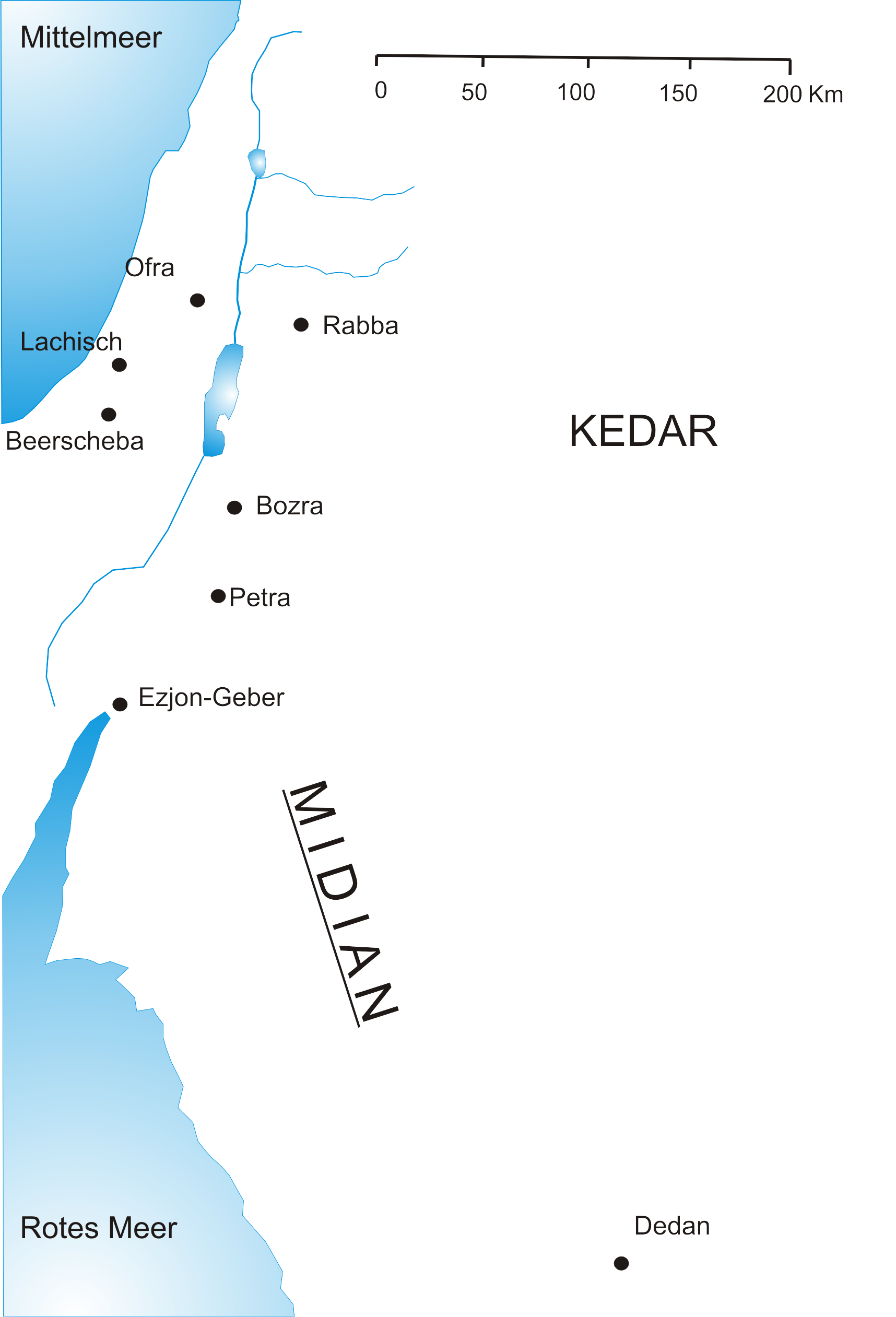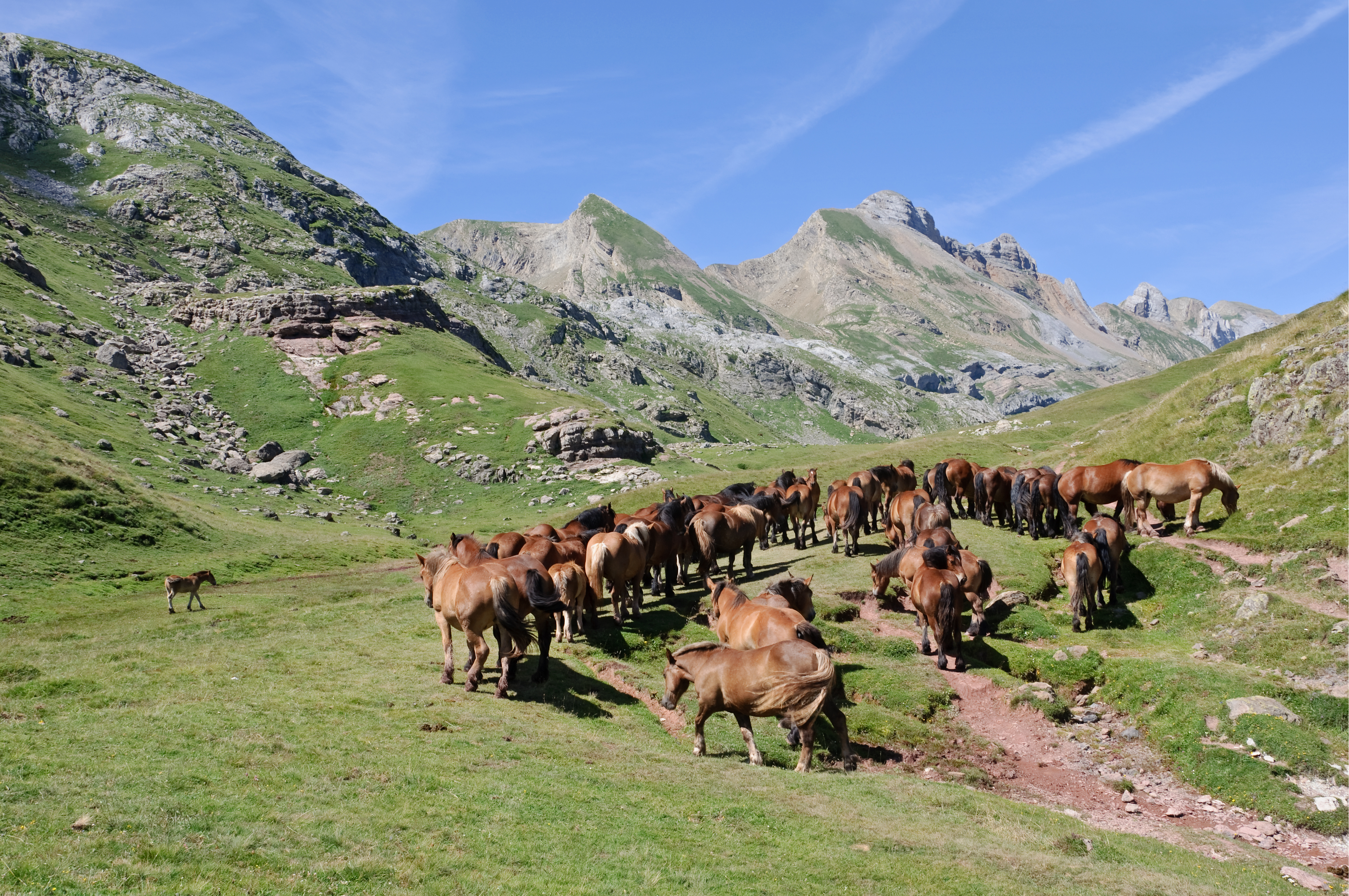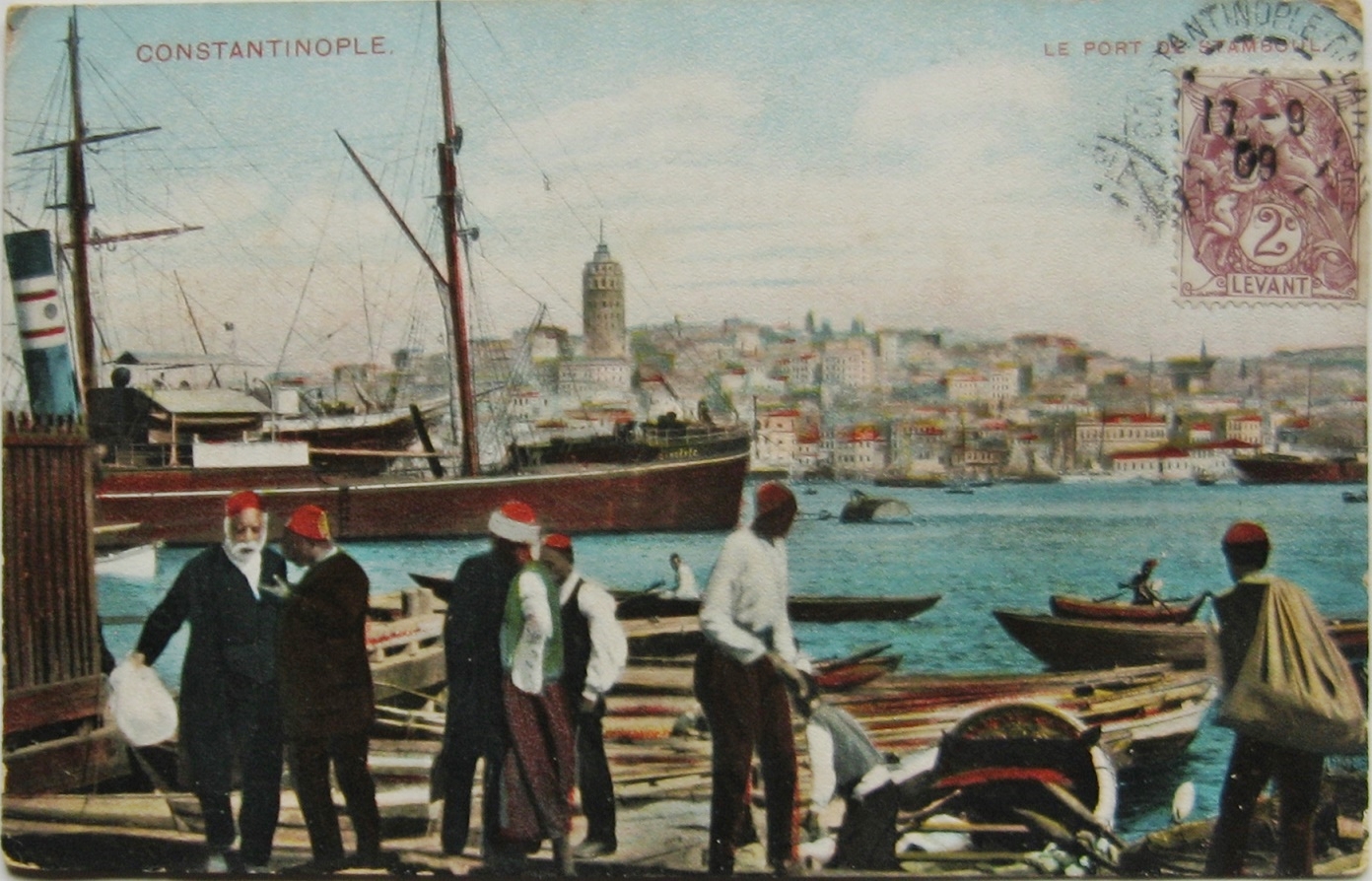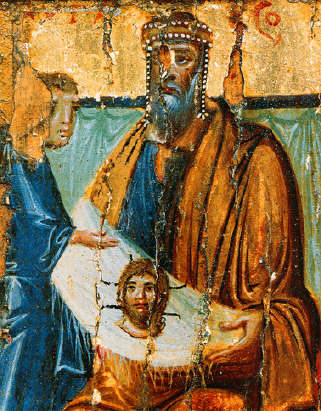|
Bedouin
The Bedouin, Beduin, or Bedu ( ; , singular ) are pastorally nomadic Arab tribes who have historically inhabited the desert regions in the Arabian Peninsula, North Africa, the Levant, and Mesopotamia (Iraq). The Bedouin originated in the Syrian Desert and Arabian Desert but spread across the rest of the Arab world in West Asia and North Africa after the spread of Islam. The English word ''bedouin'' comes from the Arabic ''badawī'', which means "desert-dweller", and is traditionally contrasted with ''ḥāḍir'', the term for sedentary people. Bedouin territory stretches from the vast deserts of North Africa to the rocky ones of the Middle East. They are sometimes traditionally divided into tribes, or clans (known in Arabic as ''ʿašāʾir''; or ''qabāʾil'' ), and historically share a common culture of herding camels, sheep and goats. The vast majority of Bedouins adhere to Islam, although there are some fewer numbers of Christian Bedouins present in the Fertile Cres ... [...More Info...] [...Related Items...] OR: [Wikipedia] [Google] [Baidu] [Amazon] |
Bedouin Arabic
Bedouin Arabic refers to a typological group of Arabic dialects historically linked to Bedouin tribes, that has spread among both nomadic and sedentary groups across the Arab World. The group of dialects originate from Arabian tribes in Najd and the Hejaz that have spread since the 10th century until modern day. Bedouin dialects vary by region and tribe, but they typically share a set of features which distinguish them from sedentary-type dialects in each region. The term can be ambiguous, as it can refer to dialects of nomadic Bedouins, dialects of Bedouin-descended populations, or sedentary dialects that have been influenced by Bedouin dialects. Background The similarities between Bedouin dialects are due to their historical contact with one another, due to rapid population movements that quickly erase linguistic diversity. Features * Voiced pronunciation of Qāf, in contrast to voiceless pronunciations, such as /q/ in many sedentary dialects, or /ʔ/ in Egyptian Arabic, ... [...More Info...] [...Related Items...] OR: [Wikipedia] [Google] [Baidu] [Amazon] |
Arabic
Arabic (, , or , ) is a Central Semitic languages, Central Semitic language of the Afroasiatic languages, Afroasiatic language family spoken primarily in the Arab world. The International Organization for Standardization (ISO) assigns language codes to 32 varieties of Arabic, including its standard form of Literary Arabic, known as Modern Standard Arabic, which is derived from Classical Arabic. This distinction exists primarily among Western linguists; Arabic speakers themselves generally do not distinguish between Modern Standard Arabic and Classical Arabic, but rather refer to both as ( "the eloquent Arabic") or simply ' (). Arabic is the List of languages by the number of countries in which they are recognized as an official language, third most widespread official language after English and French, one of six official languages of the United Nations, and the Sacred language, liturgical language of Islam. Arabic is widely taught in schools and universities around the wo ... [...More Info...] [...Related Items...] OR: [Wikipedia] [Google] [Baidu] [Amazon] |
Arabs
Arabs (, , ; , , ) are an ethnic group mainly inhabiting the Arab world in West Asia and North Africa. A significant Arab diaspora is present in various parts of the world. Arabs have been in the Fertile Crescent for thousands of years. In the 9th century BCE, the Assyrians made written references to Arabs as inhabitants of the Levant, Mesopotamia, and Arabia. Throughout the Ancient Near East, Arabs established influential civilizations starting from 3000 BCE onwards, such as Dilmun, Gerrha, and Magan, playing a vital role in trade between Mesopotamia, and the Mediterranean. Other prominent tribes include Midian, ʿĀd, and Thamud mentioned in the Bible and Quran. Later, in 900 BCE, the Qedarites enjoyed close relations with the nearby Canaanite and Aramaean states, and their territory extended from Lower Egypt to the Southern Levant. From 1200 BCE to 110 BCE, powerful kingdoms emerged such as Saba, Lihyan, Minaean, Qataban, Hadhramaut, Awsan, and ... [...More Info...] [...Related Items...] OR: [Wikipedia] [Google] [Baidu] [Amazon] |
Syrian Desert
The Syrian Desert ( ''Bādiyat Ash-Shām''), also known as the North Arabian Desert, the Jordanian steppe, or the Badiya, is a region of desert, semi-desert, and steppe, covering about of West Asia, including parts of northern Saudi Arabia, eastern Jordan, southern Syria, and western Iraq. It accounts for about 85% of the land area of Jordan and 55% of Syria. To the south, it borders and merges into the Arabian Desert. The land is open, rocky or gravelly desert pavement, cut with occasional wadis, or river valleys, generally dry riverbeds. Location and name The desert is bounded by the Orontes Valley and the volcanic field of Harrat al-Shamah to the west, and by the Euphrates to the east. In the north, the desert gives way to the more fertile areas and to the south it runs into the deserts of the Arabian Peninsula. Several parts of the Syrian Desert have been referred to separately such as the ''Palmyrene desert'' around Palmyra, and the ''Homs desert''. The eastern sec ... [...More Info...] [...Related Items...] OR: [Wikipedia] [Google] [Baidu] [Amazon] |
Sedentism
In anthropology, sedentism (sometimes called sedentariness; compare sedentarism) is the practice of living in one place for a long time. As of , the large majority of people belong to sedentary cultures. In evolutionary anthropology and archaeology, ''sedentism'' takes on a slightly different sub-meaning, often applying to the transition from nomadic society to a lifestyle that involves remaining in one place permanently. Essentially, sedentism means living in groups permanently in one place. The invention of agriculture led to sedentism in many cases, but the earliest sedentary settlements were pre-agricultural. Initial requirements for permanent, non-agricultural settlements For small-scale nomadic societies it can be difficult to adopt a sedentary lifestyle in a landscape without on-site agricultural or livestock breeding resources, since sedentism often requires sufficient year-round, easily accessible local natural resources. Non-agricultural sedentism requires goo ... [...More Info...] [...Related Items...] OR: [Wikipedia] [Google] [Baidu] [Amazon] |
Nomadic Pastoralism
Nomadic pastoralism, also known as nomadic herding, is a form of pastoralism in which livestock are herded in order to seek for fresh pastures on which to graze. True nomads follow an irregular pattern of movement, in contrast with transhumance, where seasonal pastures are fixed. However, this distinction is often not observed and the term 'nomad' used for both—and in historical cases the regularity of movements is often unknown in any case. The herded livestock include cattle, water buffalo, yaks, llamas, sheep, goats, reindeer, horses, donkeys or camels, or mixtures of species. Nomadic pastoralism is commonly practiced in regions with little arable land, typically in the developing world, especially in the steppe lands north of the agricultural zone of Eurasia. Pastoralists often trade with sedentary agrarians, exchanging meat for grains; however, they have been known to raid. Of the estimated 30–40 million nomadic pastoralists worldwide, most are found in central A ... [...More Info...] [...Related Items...] OR: [Wikipedia] [Google] [Baidu] [Amazon] |
North Africa
North Africa (sometimes Northern Africa) is a region encompassing the northern portion of the African continent. There is no singularly accepted scope for the region. However, it is sometimes defined as stretching from the Atlantic shores of the Western Sahara in the west, to Egypt and Sudan's Red Sea coast in the east. The most common definition for the region's boundaries includes Algeria, Egypt, Libya, Morocco, Tunisia, and Western Sahara, the territory territorial dispute, disputed between Morocco and the list of states with limited recognition, partially recognized Sahrawi Arab Democratic Republic. The United Nations’ definition includes all these countries as well as Sudan. The African Union defines the region similarly, only differing from the UN in excluding the Sudan and including Mauritania. The Sahel, south of the Sahara, Sahara Desert, can be considered as the southern boundary of North Africa. North Africa includes the Spanish cities of Ceuta and Melilla, and the ... [...More Info...] [...Related Items...] OR: [Wikipedia] [Google] [Baidu] [Amazon] |
Levant
The Levant ( ) is the subregion that borders the Eastern Mediterranean, Eastern Mediterranean sea to the west, and forms the core of West Asia and the political term, Middle East, ''Middle East''. In its narrowest sense, which is in use today in archaeology and other cultural contexts, it is equivalent to Cyprus and a stretch of land bordering the Mediterranean Sea in Western AsiaGasiorowski, Mark (2016). ''The Government and Politics of the Middle East and North Africa''. p. 5: "... today the term ''Levantine'' can describe shared cultural products, such as Levantine cuisine or Levantine archaeology". .Steiner & Killebrew, p9: "The general limits ..., as defined here, begin at the Plain of 'Amuq in the north and extend south until the Wâdī al-Arish, along the northern coast of Sinai. ... The western coastline and the eastern deserts set the boundaries for the Levant ... The Euphrates and the area around Jebel el-Bishrī mark the eastern boundary of the northern Levant, as d ... [...More Info...] [...Related Items...] OR: [Wikipedia] [Google] [Baidu] [Amazon] |
United Arab Emirates
The United Arab Emirates (UAE), or simply the Emirates, is a country in West Asia, in the Middle East, at the eastern end of the Arabian Peninsula. It is a Federal monarchy, federal elective monarchy made up of Emirates of the United Arab Emirates, seven emirates, with Abu Dhabi serving as its capital. It shares land borders with Oman to the east and northeast, and with Saudi Arabia to the southwest; as well as maritime borders in the Persian Gulf with Qatar and Iran, and with Oman in the Gulf of Oman. , the UAE has an estimated population of over 10 million, of which 11% are Emiratis; Dubai is List of cities in the United Arab Emirates, its most populous city and is an international hub. Islam is the State religion, official religion and Arabic is the official language, while English is the most spoken language and the language of business. The United Arab Emirates Oil reserves in the United Arab Emirates, oil and natural gas reserves are the world's List of countries by pr ... [...More Info...] [...Related Items...] OR: [Wikipedia] [Google] [Baidu] [Amazon] |
Arab Christians
Arab Christians () are the Arabs who adhere to Christianity. The number of Arab Christians who live in the Middle East was estimated in 2012 to be between 10 and 15 million. Arab Christian communities can be found throughout the Arab world, but are concentrated in the Eastern Mediterranean region of the Levant and Egypt, with smaller communities present throughout the Arabian Peninsula and North Africa. The history of Arab Christians coincides with the history of Eastern Christianity and the history of the Arabic language; Arab Christian communities either result from pre-existing Christian communities adopting the Arabic language, or from pre-existing Arabic-speaking communities adopting Christianity. The jurisdictions of three of the five patriarchates of the Pentarchy primarily became Arabic-speaking after the early Muslim conquests – the Church of Alexandria, the Church of Antioch and the Church of Jerusalem – and over time many of their adherents adopted the Arabic ... [...More Info...] [...Related Items...] OR: [Wikipedia] [Google] [Baidu] [Amazon] |
Iraq
Iraq, officially the Republic of Iraq, is a country in West Asia. It is bordered by Saudi Arabia to Iraq–Saudi Arabia border, the south, Turkey to Iraq–Turkey border, the north, Iran to Iran–Iraq border, the east, the Persian Gulf and Kuwait to the Iraq–Kuwait border, southeast, Jordan to Iraq–Jordan border, the southwest, and Syria to Iraq–Syria border, the west. The country covers an area of and has Demographics of Iraq, a population of over 46 million, making it the List of countries by area, 58th largest country by area and the List of countries by population, 31st most populous in the world. Baghdad, home to over 8 million people, is the capital city and the List of largest cities of Iraq, largest in the country. Starting in the 6th millennium BC, the fertile plains between Iraq's Tigris and Euphrates rivers, referred to as Mesopotamia, fostered the rise of early cities, civilisations, and empires including Sumer, Akkadian Empire, Akkad, and Assyria. Known ... [...More Info...] [...Related Items...] OR: [Wikipedia] [Google] [Baidu] [Amazon] |
Middle East
The Middle East (term originally coined in English language) is a geopolitical region encompassing the Arabian Peninsula, the Levant, Turkey, Egypt, Iran, and Iraq. The term came into widespread usage by the United Kingdom and western European nations in the early 20th century as a replacement of the term Near East (both were in contrast to the Far East). The term "Middle East" has led to some confusion over its changing definitions. Since the late 20th century, it has been criticized as being too Eurocentrism, Eurocentric. The region includes the vast majority of the territories included in the closely associated definition of West Asia, but without the South Caucasus. It also includes all of Egypt (not just the Sinai Peninsula, Sinai) and all of Turkey (including East Thrace). Most Middle Eastern countries (13 out of 18) are part of the Arab world. The list of Middle Eastern countries by population, most populous countries in the region are Egypt, Turkey, and Iran, whil ... [...More Info...] [...Related Items...] OR: [Wikipedia] [Google] [Baidu] [Amazon] |







